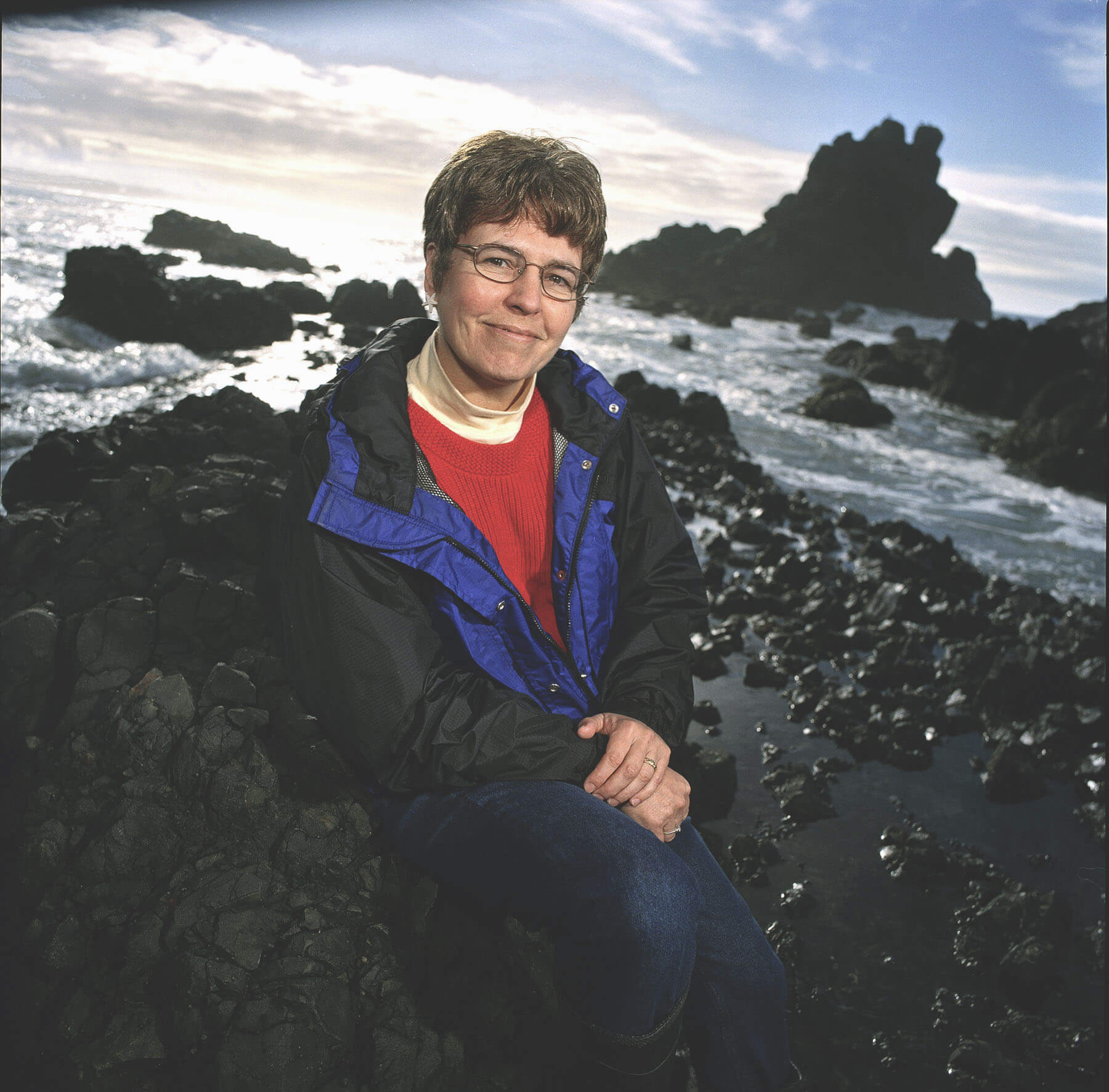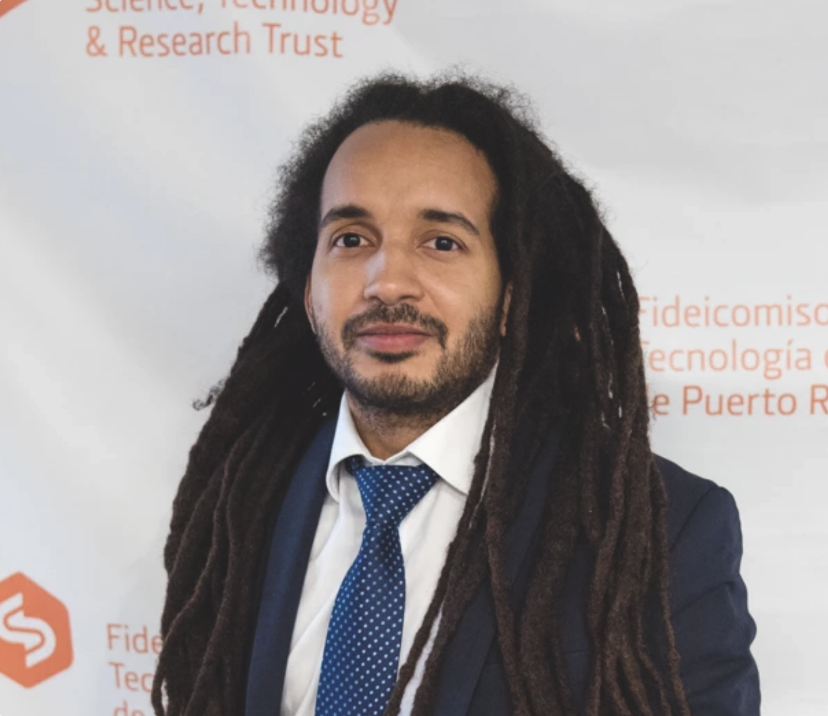COMPASS co-founder Dr. Jane Lubchenco announced this week that she will leave her position as administrator of the National Oceanic and Atmospheric Administration (NOAA) at the end of February. She will return to her home on the West Coast and resume her life in academia, and with her family. She is the first woman and first marine ecologist to ever run the science-based agency dedicated to understanding changes in climate, weather, and the oceans, and sustaining coastal and marine resources.
Her departure comes exactly four years after she received an unexpected telephone call from the White House asking her to join President Obama’s new team in Washington, D.C. The call came while she was in Australia on a trip that combined intertidal research with a family holiday – not unusual for scientists who love their work. She flew to Chicago to meet with President-Elect Obama and accepted his invitation to be part of his ‘Science Team.’ With her family’s encouragement, she chose to take the leap — from scientist to policymaker.
I’ve known Jane Lubchenco since the early days of COMPASS in 2000 and witnessed her continuous evolution as a leader. Along the way, we’ve shared many a glass of wine and deep discussions. In an email to me reflecting on her decision, she showed her true grit. “It is both thrilling and daunting. It’s also surreal right now,” she wrote. “But this seems like an unparalleled opportunity for science, for oceans, for climate. It’s not clear how much I can accomplish, but I am willing to try.”
In a January 2008 article in Science about the appointment, Erik Stokstad summed up Jane’s approach to leadership: “Gather lots of data, think deeply, figure out what needs to be done, and then be an advocate for action.”
And act she did. In four short years, “Dr. Jane,” as many fondly call her, has transformed NOAA, with its 12,000 strong force, into an agency for the 21st Century. Jane has marshaled her troops and modernized the agency so that it is “better able to save lives, keep coastal communities strong, help businesses succeed and preserve our ocean heritage.” Building on a scientific foundation she emphasized accountability, transparency, innovation, teamwork, and communications. She challenged the status quo with her mantra: “Meaningful change is not for the timid.”
The accomplishments Jane led are many. In just four years, overfishing has ended and she’s helped set fisheries on a path to recovery and profitability. Upgrading the nation’s environmental satellites created a more effective early warning system, which will help save lives in the face of increasing severe weather events. She helped adopt the nation’s first-ever National Ocean Policy that recognizes the value of healthy ocean ecosystems for our well-being, both now and in the future.
Before she took office, she told Ken Weiss of the Los Angeles Times, “There will be no muzzling or muffling or distortion of science, or delays in science in this administration.” She said the best available science will guide policy decisions, and discoveries or updates will be shared whether or not “they meet our preconceived ideas or meet our agenda.” She lived up to that promise and led the creation of NOAA’s scientific integrity policy that liberates scientists to speak freely to the media and forbids suppression, alteration, or cherry picking of scientific facts.
This week, as a capstone on one of the biggest challenges she faced, Jane is lead author on a comprehensive perspective in a special feature of the Proceedings of the National Academy of Sciences: Science Applications in the Deepwater Horizon Oil Spill. In her article, she and her coauthors summarize how science was used in unprecedented ways to guide the response and recovery from the BP oil spill, identifying where science was accurate, where it wasn’t, and considering lessons learned for the future. As communities along the Gulf of Mexico work towards recovery, BP is also being held accountable for the damage it caused. Jane has served bravely and tirelessly at NOAA’s helm with strong support from those within the agency… and it is they who will carry on.
Many of the initiatives she helped found: COMPASS, The Leopold Leadership program, and Climate Central continue to flourish because they are built on the bedrock of Jane’s visions and leadership in making science matter. Given her track record, NOAA too will be guided by her Next Generation Strategic Plan.

Jane Lubchenco and a team of divers transplant Staghorn coral in the Florida Keys National Marine Sanctuary for Earth Day, 2010. Photo courtesy of NOAA FKNMS.
For the past four years, she has put her personal life on hold to devote herself to serving the nation. She has lived in a tiny apartment in Washington, D.C., maintaining a cross-country marriage with her devoted husband and partner in science, Bruce Menge, an Oregon State University marine ecologist. She says she’s also missed spending time with her son, daughter-in law, and granddaughter. Jane has decided it’s time to go home.
Jane’s internal compass has an unfailing sense of true north – as evidenced by her vision, her leadership, her resoluteness in the face of opposition, and her loyalty to colleagues, friends and family. The ocean and the scientific community thank her for her service. As do we at COMPASS.
And we all know we’ll be hearing much more from Dr. Jane.



